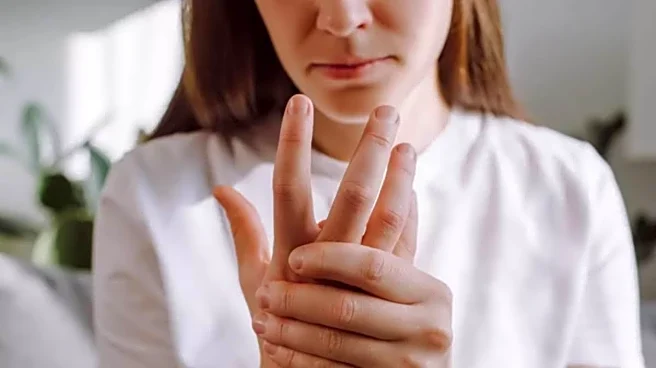In India, women are disproportionately affected by autoimmune diseases, with nearly 7 out of every 10 patients being female, according to experts at the 40th conference of the Indian Rheumatology Association
(IRACON). Autoimmune disorders occur when the body’s immune system, which normally protects against infections, mistakenly attacks its own tissues. This can lead to conditions such as rheumatoid arthritis, lupus, thyroiditis, psoriasis, and Sjogren’s syndrome, affecting joints, skin, blood vessels, and even vital organs like the heart and lungs.
During a dedicated session on women’s health and autoimmune diseases, doctors highlighted the biological and social reasons behind this trend. “Women’s immune systems are generally stronger and more effective at fighting infections. But sometimes, this same system misfires and targets healthy cells, causing autoimmune conditions,” said Dr Uma Kumar, Head of Rheumatology at AIIMS New Delhi.
A recent study from Stanford University has shed light on a possible biological factor. Researchers found that a molecule called Xist RNA, produced in women’s bodies to regulate one of their two X chromosomes, can sometimes confuse the immune system, triggering it to attack healthy cells.
Experts warn that delayed treatment worsens outcomes. “In my clinic, most women come after years of struggling with joint pain, swelling, or fatigue,” said Dr Bimlesh Dhar Pandey, Director of Rheumatology at Fortis Hospital, adding, “By the time they seek care, organs or joints may already be damaged. Early screening is critical.”
Dr Neeraj Jain, Vice President of Rheumatology at Sir Ganga Ram Hospital, echoed these concerns, citing social and environmental factors that increase susceptibility. Dr Pulin Gupta of Dr Ram Manohar Lohia Hospital added that many women undergo incorrect treatment for years before reaching a specialist. “Early recognition and referral to a rheumatologist can prevent long-term disability,” he said.
Dr Rohini Handa, President of the IRACON conference, emphasised that autoimmune diseases are as common as diabetes or heart disease but receive far less attention. “When 70% of patients are women, this cannot be treated as a gender-neutral issue. Awareness, research, and better access to care are urgently needed,” she said.
Doctors say that, besides genetics and hormonal factors, lifestyle and environmental conditions are fueling the rise of autoimmune disorders among Indian women. Sedentary habits, unhealthy diets, stress, sleep deprivation, and increasing pollution all play a role. Some studies suggest that exposure to industrial chemicals and air pollutants can disrupt hormones and the immune system, heightening disease risk.
India faces a severe shortage of rheumatology specialists, with fewer than 1,000 experts available for millions of patients. Specialists recommend training primary care doctors to identify early symptoms and refer patients promptly. They also stress that autoimmune disease screening should become as routine as screenings for cancer or pregnancy.





/images/ppid_a911dc6a-image-177084257810510483.webp)

/images/ppid_a911dc6a-image-177084253417916956.webp)

/images/ppid_59c68470-image-177084004043125742.webp)

/images/ppid_a911dc6a-image-177083903258342419.webp)


